In Thailand, elephants hold a deep and significant cultural and symbolic value. They are often considered to be a symbol of strength, power, and royal authority, and they have played a prominent role in Thai history, religion, and society. Here are some of the key representations of elephants in Thailand:
*Royal Symbolism: Historically, elephants were associated with Thai royalty and were considered a symbol of royal power and authority
*White elephants, in particular, were revered as sacred animals and symbols of good fortune. They were rare and highly esteemed, often given as gifts to the king.

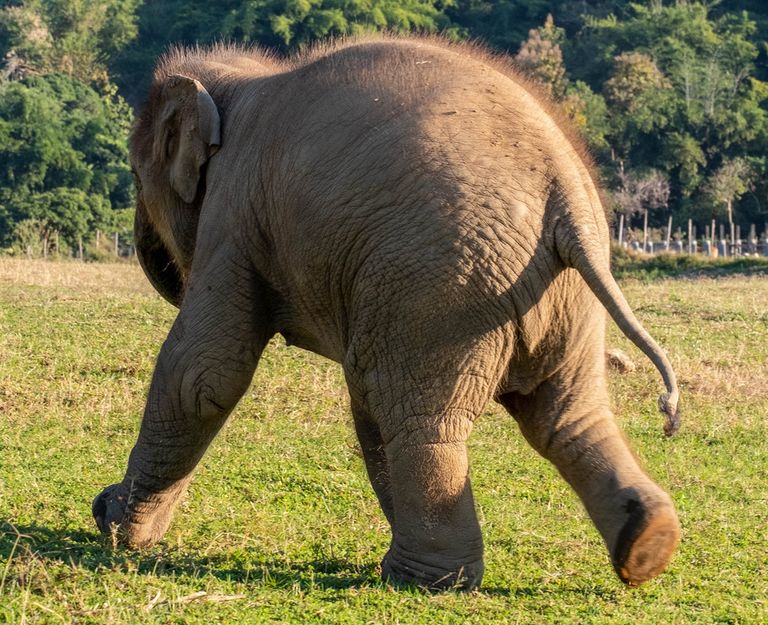
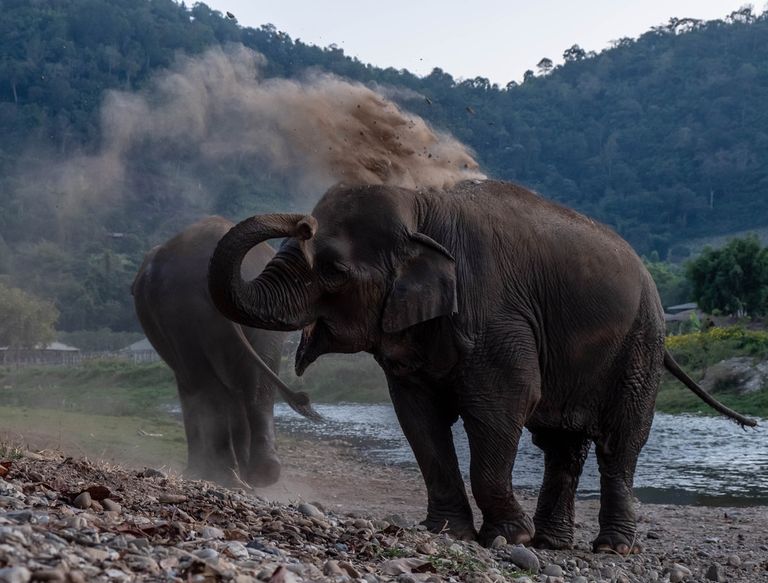

*Spiritual Significance: In Thai Buddhist culture, elephants are considered auspicious and are associated with various virtues such as wisdom, patience, and strength. They are also seen as symbols of fertility, protection, and good luck. Elephants are often depicted in Buddhist art and temple architecture.
*Work and Labor: Elephants have been used as working animals in Thailand for centuries, particularly in the logging industry and agriculture. They symbolize hard work, dedication, and loyalty. However, with the ban on logging, the role of elephants has shifted to tourism and conservation efforts.



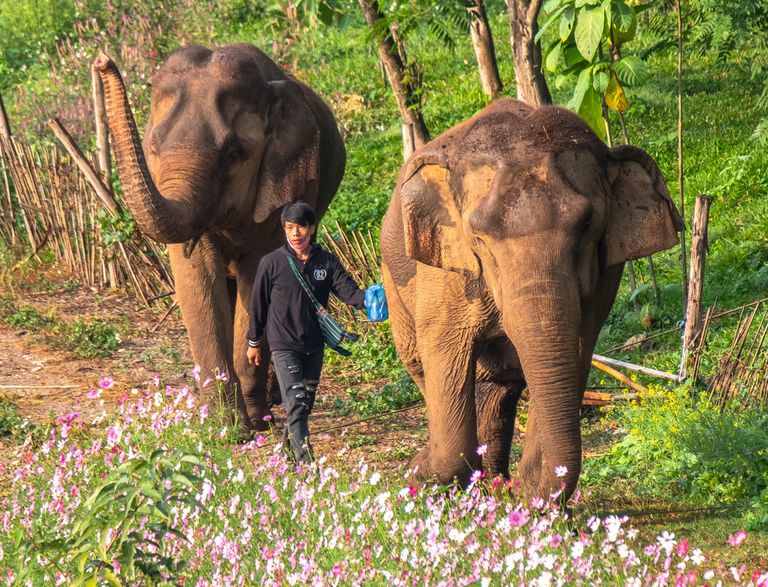
*Festivals and Celebrations: Elephants play a central role in many traditional Thai festivals and ceremonies. For example, during the annual Elephant Festival in Surin, elephants are beautifully decorated and showcased in parades and cultural performances.
*Tourism and Cultural Heritage: Elephants have become an integral part of Thailand's tourism industry. Visitors are often drawn to interact with elephants through activities such as elephant riding, bathing, and feeding. However, it's important to note that there has been a growing awareness of ethical treatment and responsible tourism practices for elephants.
*Conservation and Protection: As wild elephant populations have declined due to habitat loss and poaching, there has been an increasing emphasis on elephant conservation in Thailand. Many organizations and projects are dedicated to protecting and caring for elephants, both in captivity and in the wild.
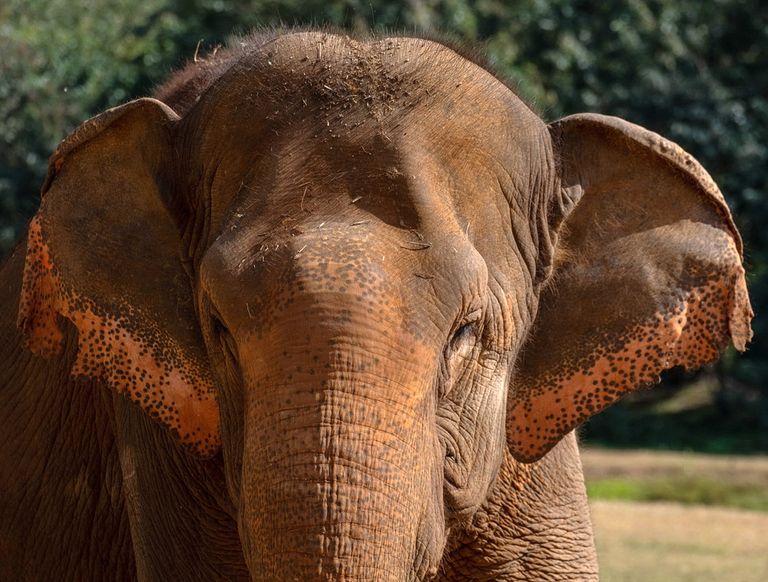
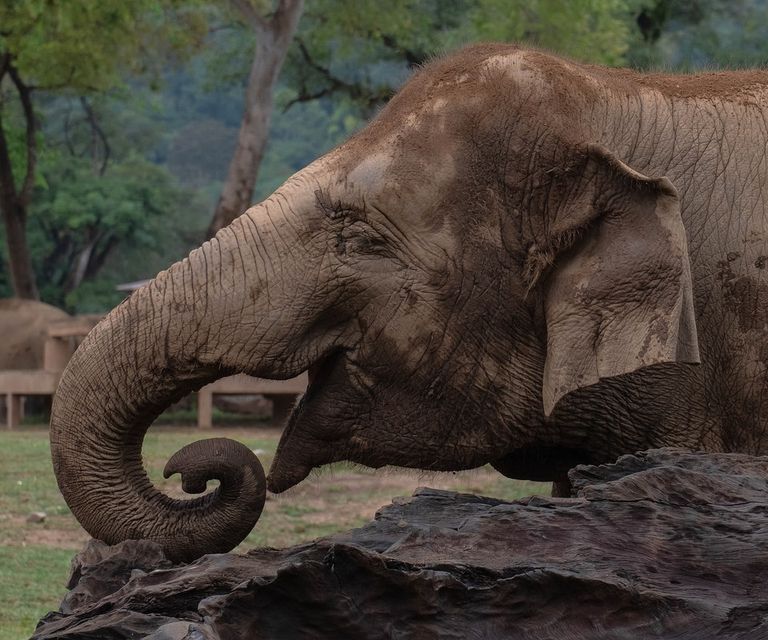
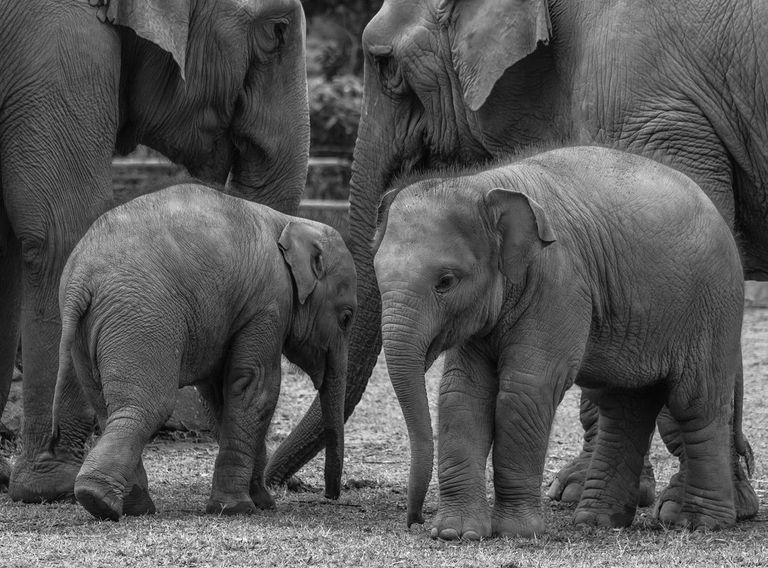
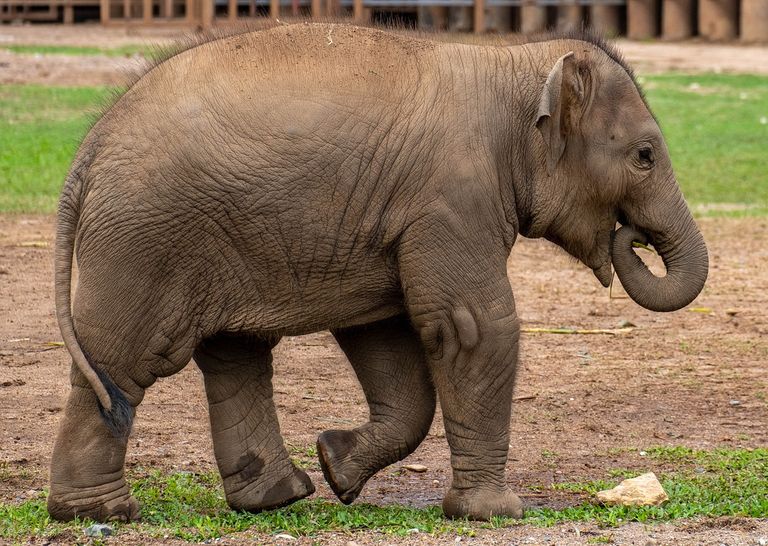
*National Animal: The elephant is the national animal of Thailand and is featured on the country's official emblem. It represents the history, culture, and strength of the Thai nation.
*Symbol of Unity: Elephants also symbolize unity and harmony in Thai society. The phrase "chang sam klao" translates to "three-headed elephant," and it is often used to describe a strong and harmonious coalition or partnership.
It's important to note that while elephants are deeply valued and celebrated in Thai culture, there have been concerns about the treatment and welfare of elephants in certain tourism practices. Travelers interested in interacting with elephants should seek out responsible and ethical elephant sanctuaries that prioritize the well-being and conservation of these majestic creatures.
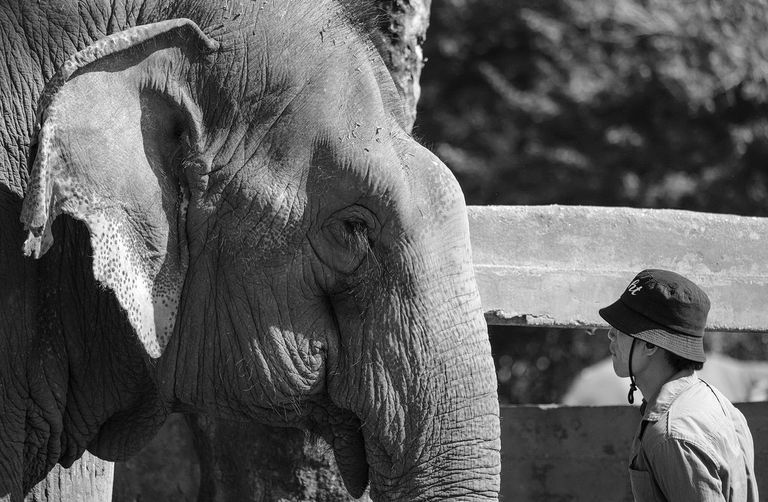
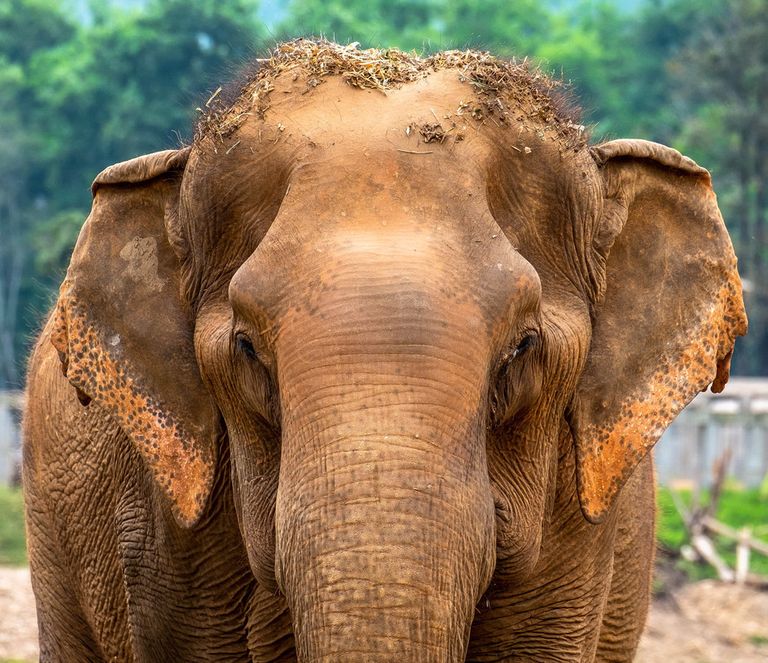
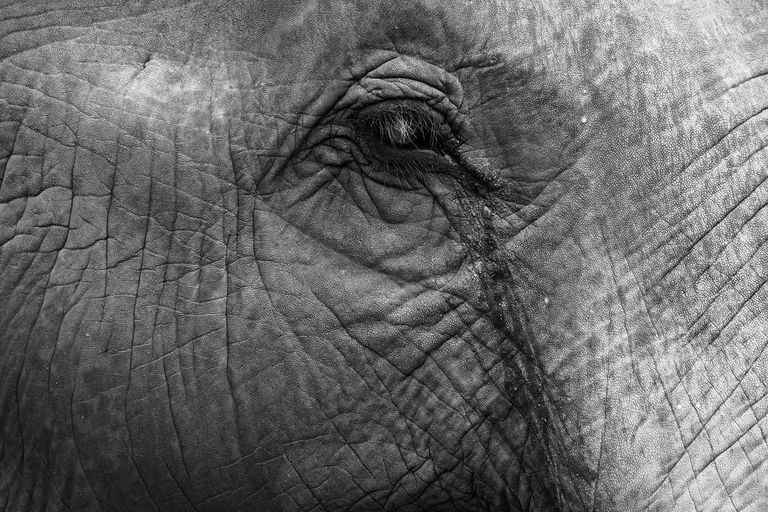
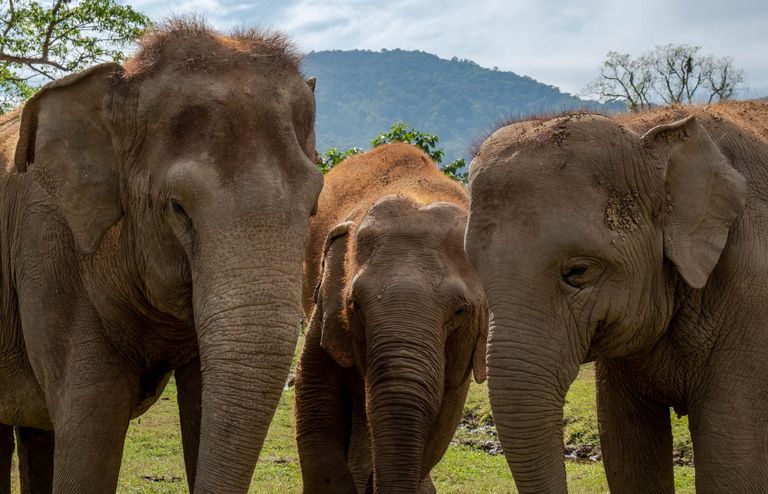

The term "white elephant" came from a Thai gambit whereby a high-so would give an underling an expensive present, knowing that person could not afford the upkeep - such as an elephant. The underling would "lose face" by just getting rid of it.
They didn't have much choice feeding an elephant doesn't come cheap better losing face then die of starvation 😂
Congratulations, your post has been curated by @r2cornell-curate. Also, find us on Discord
Felicitaciones, su publication ha sido votado por @r2cornell-curate. También, encuéntranos en Discord